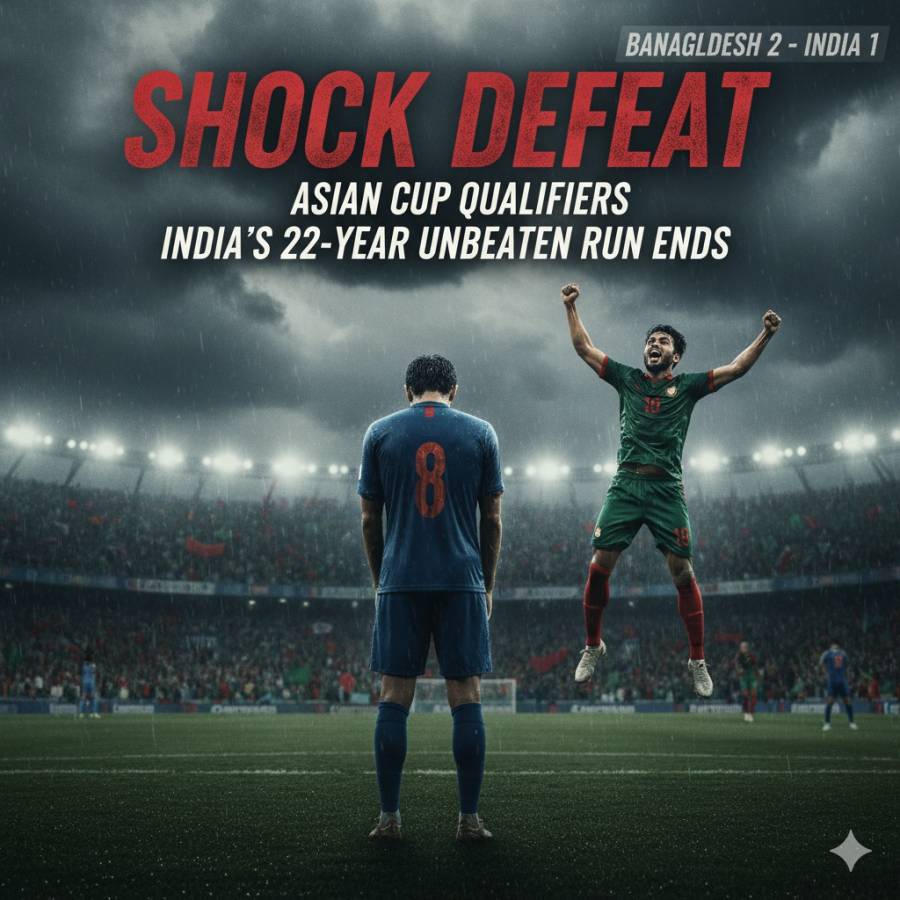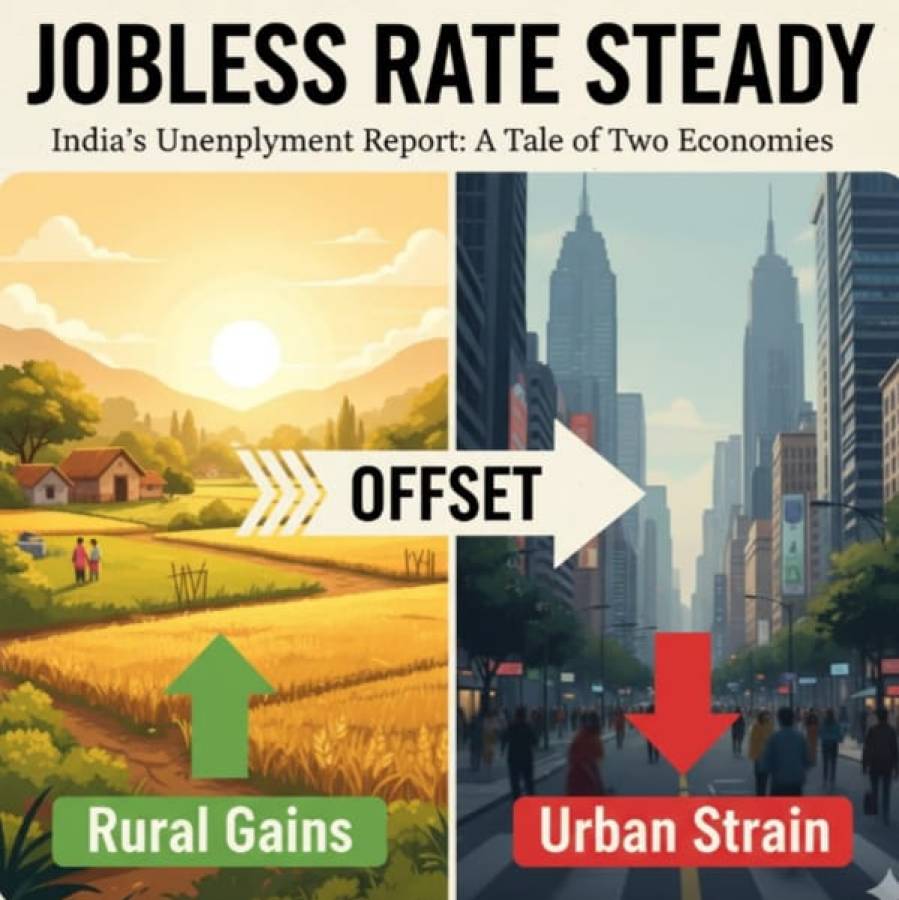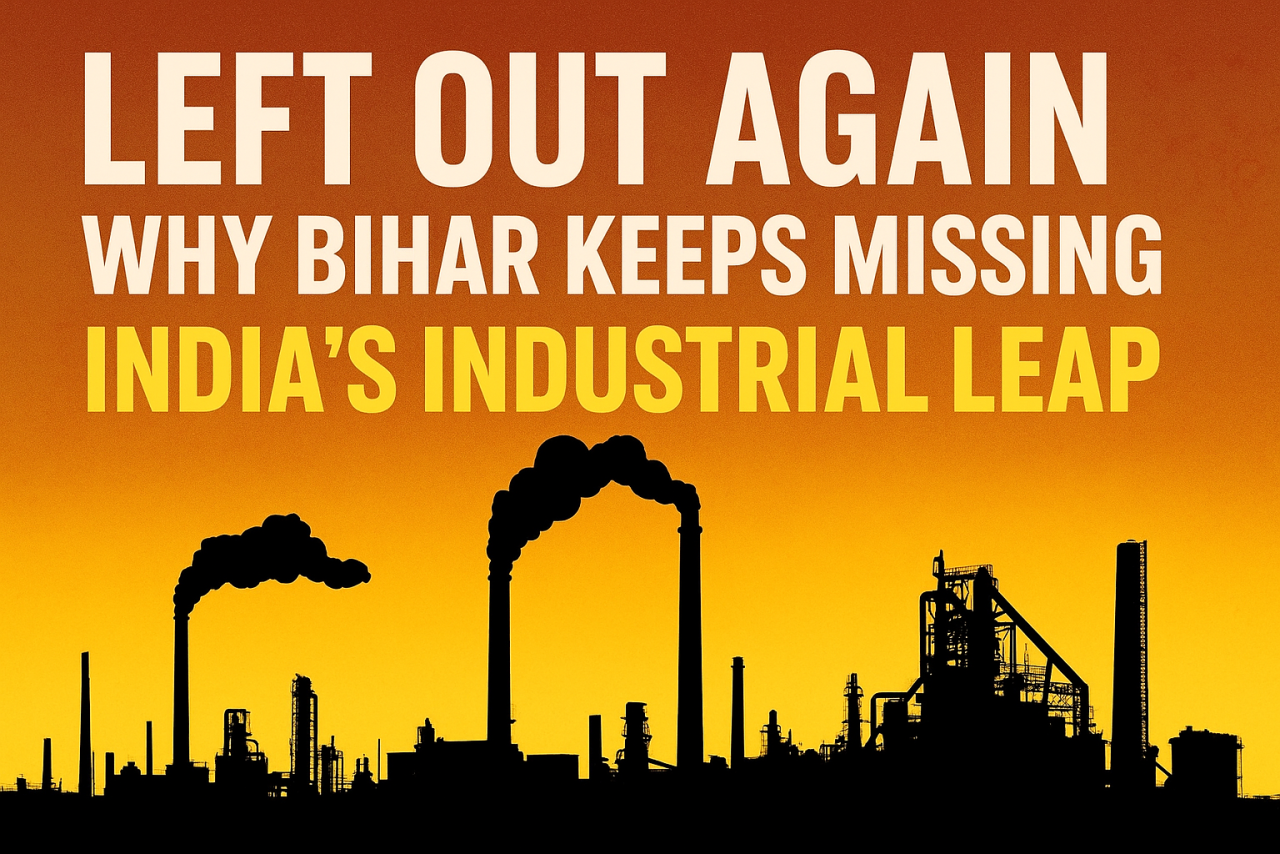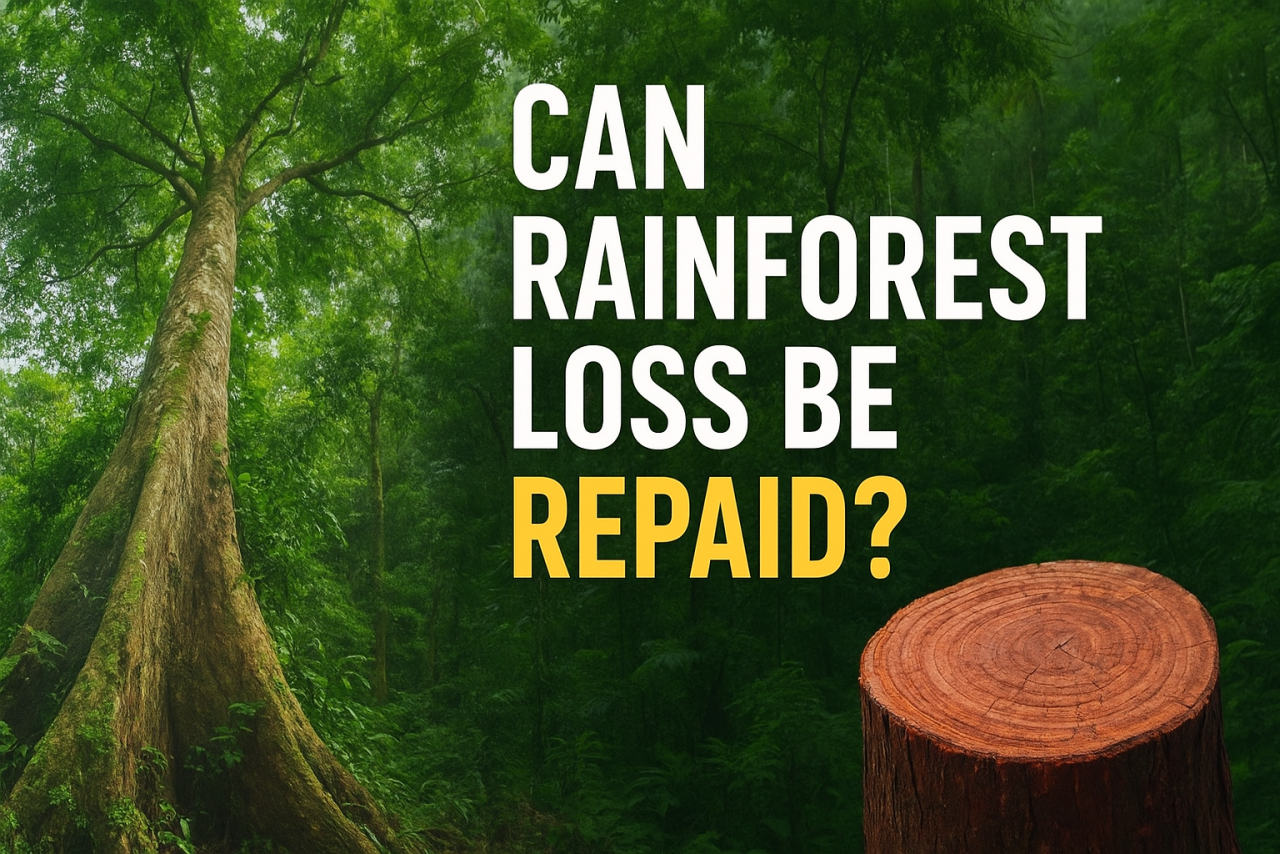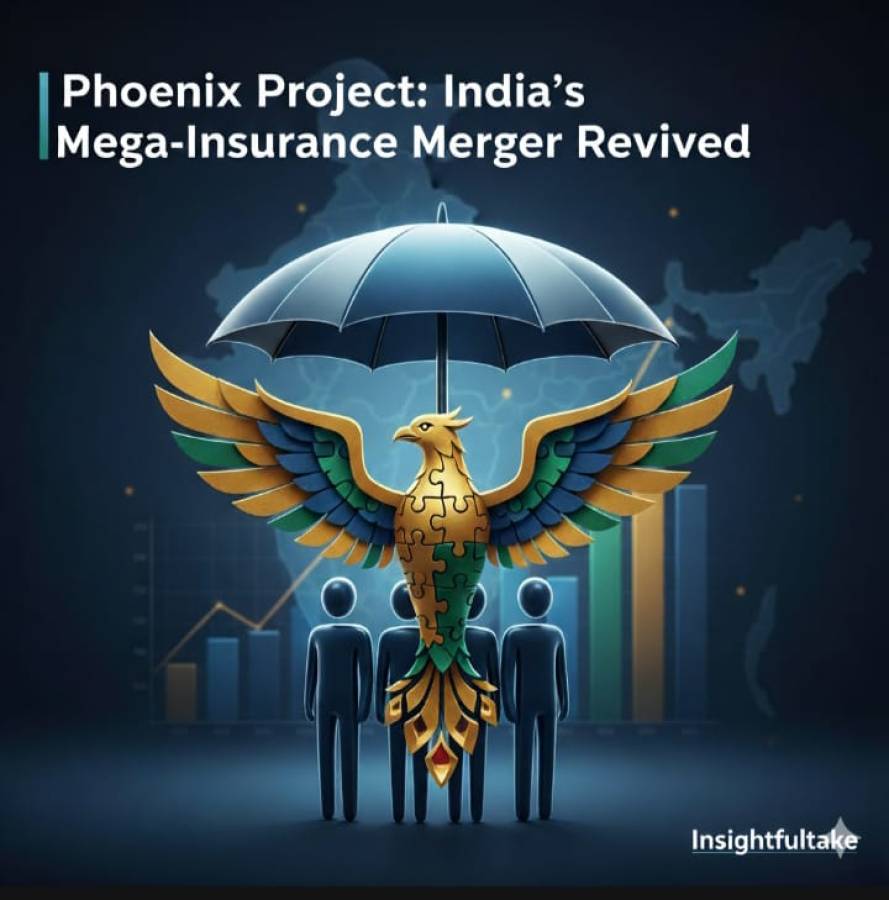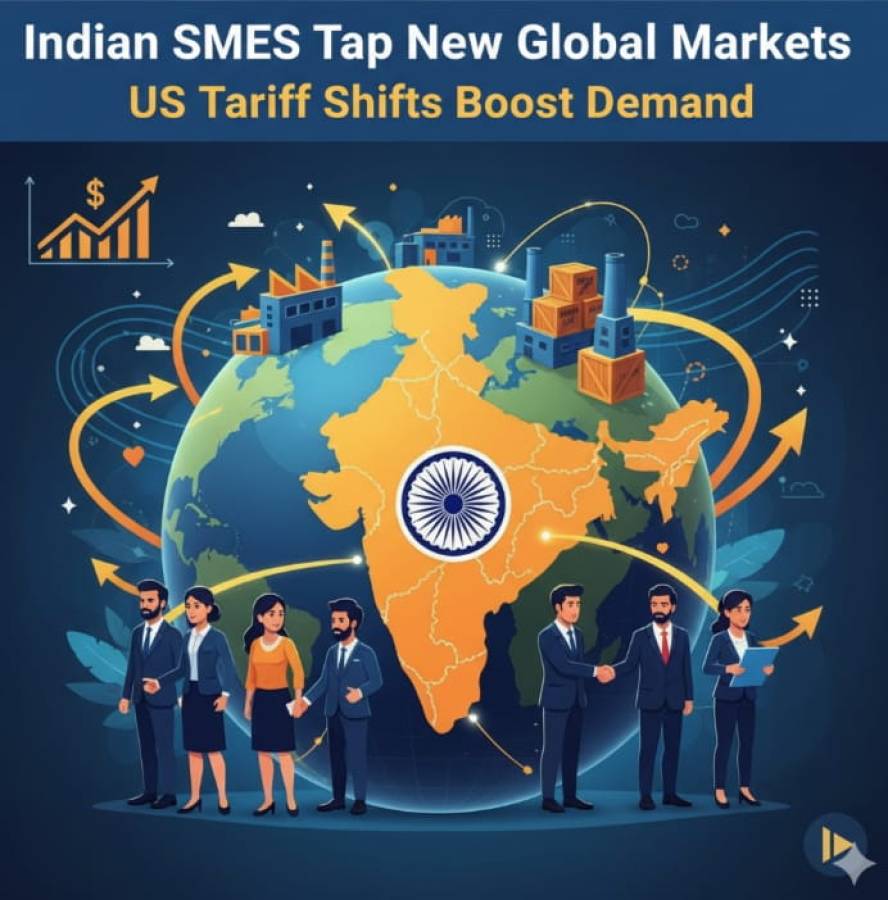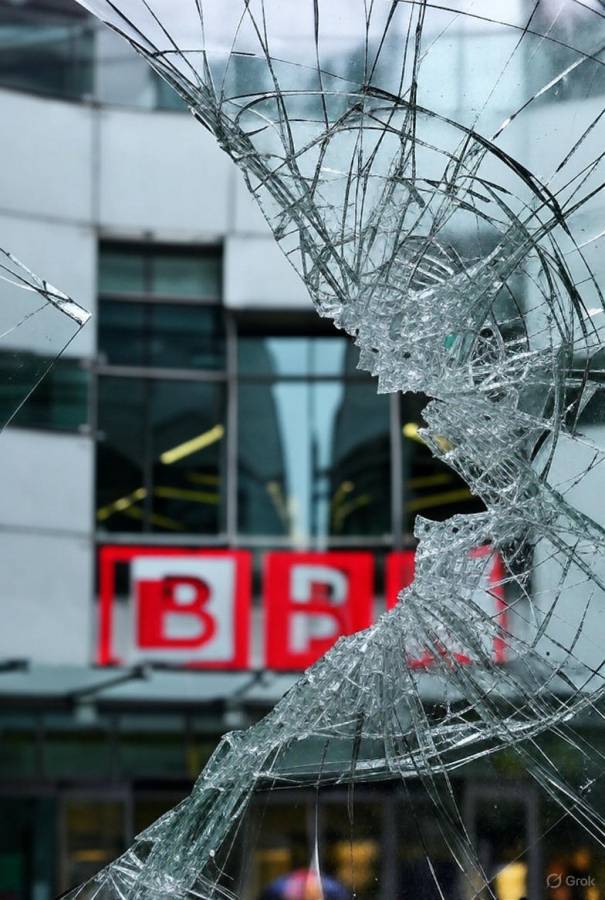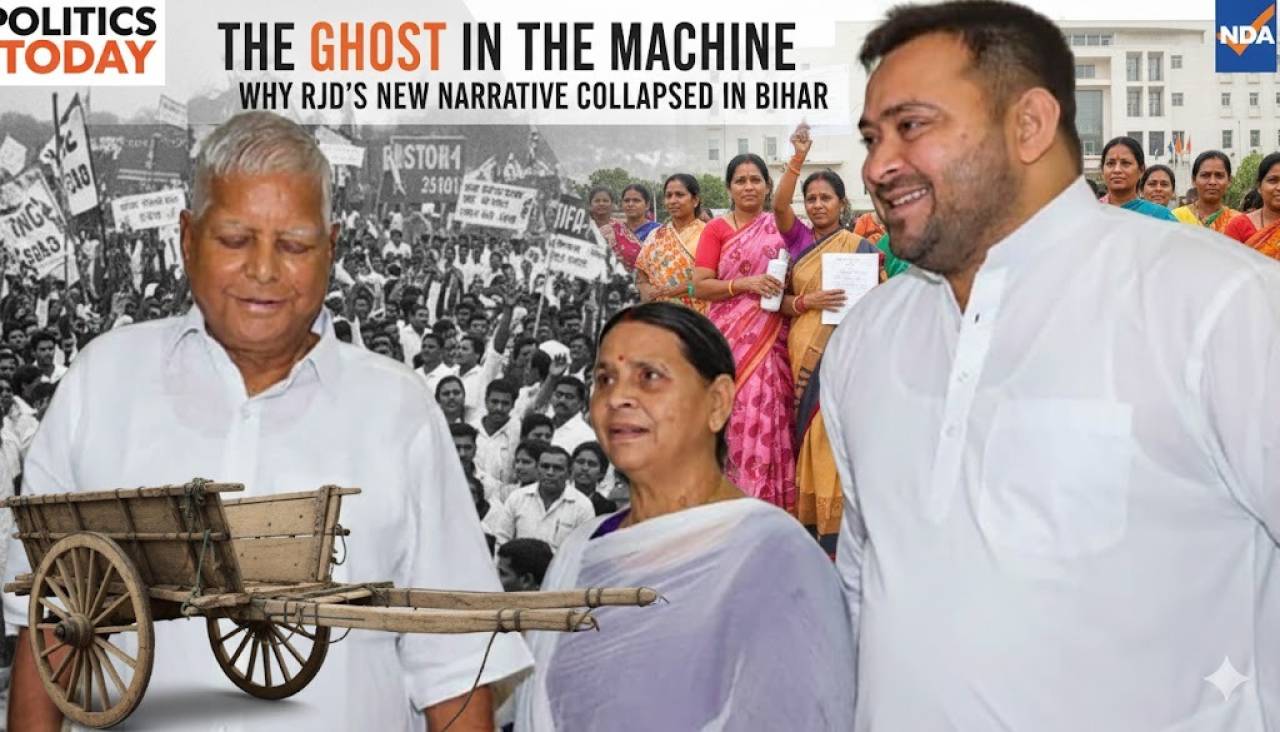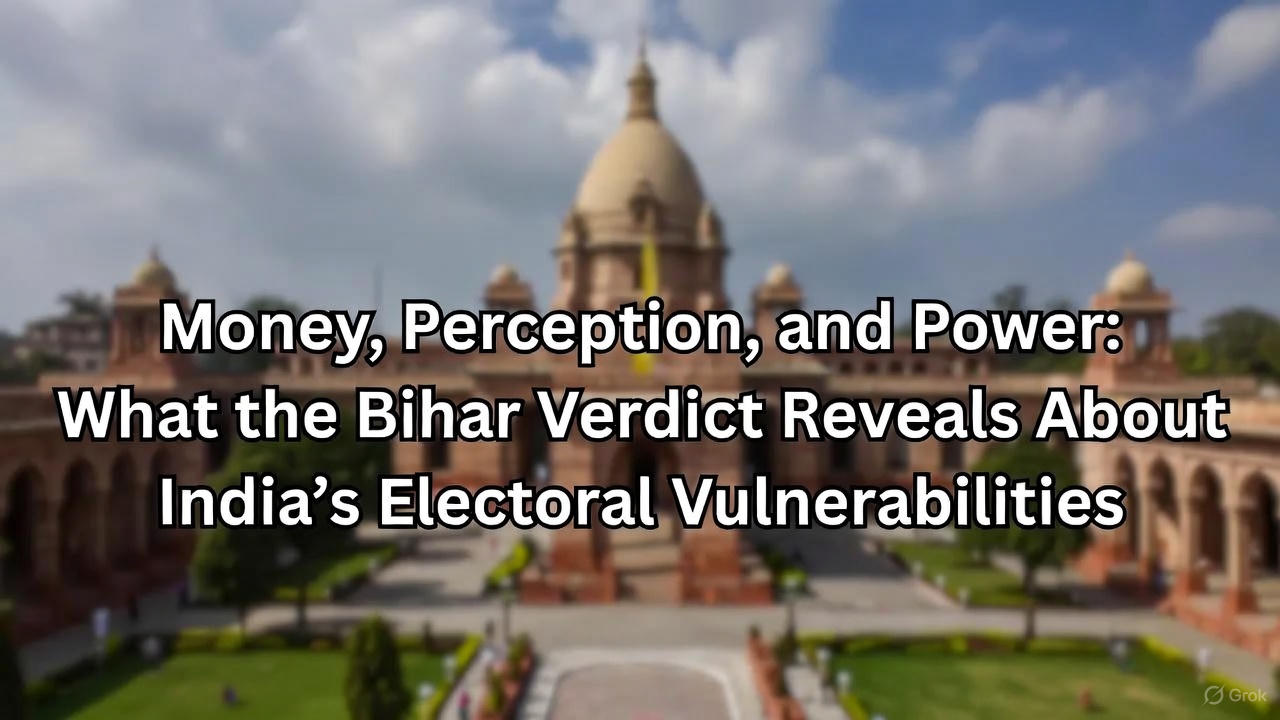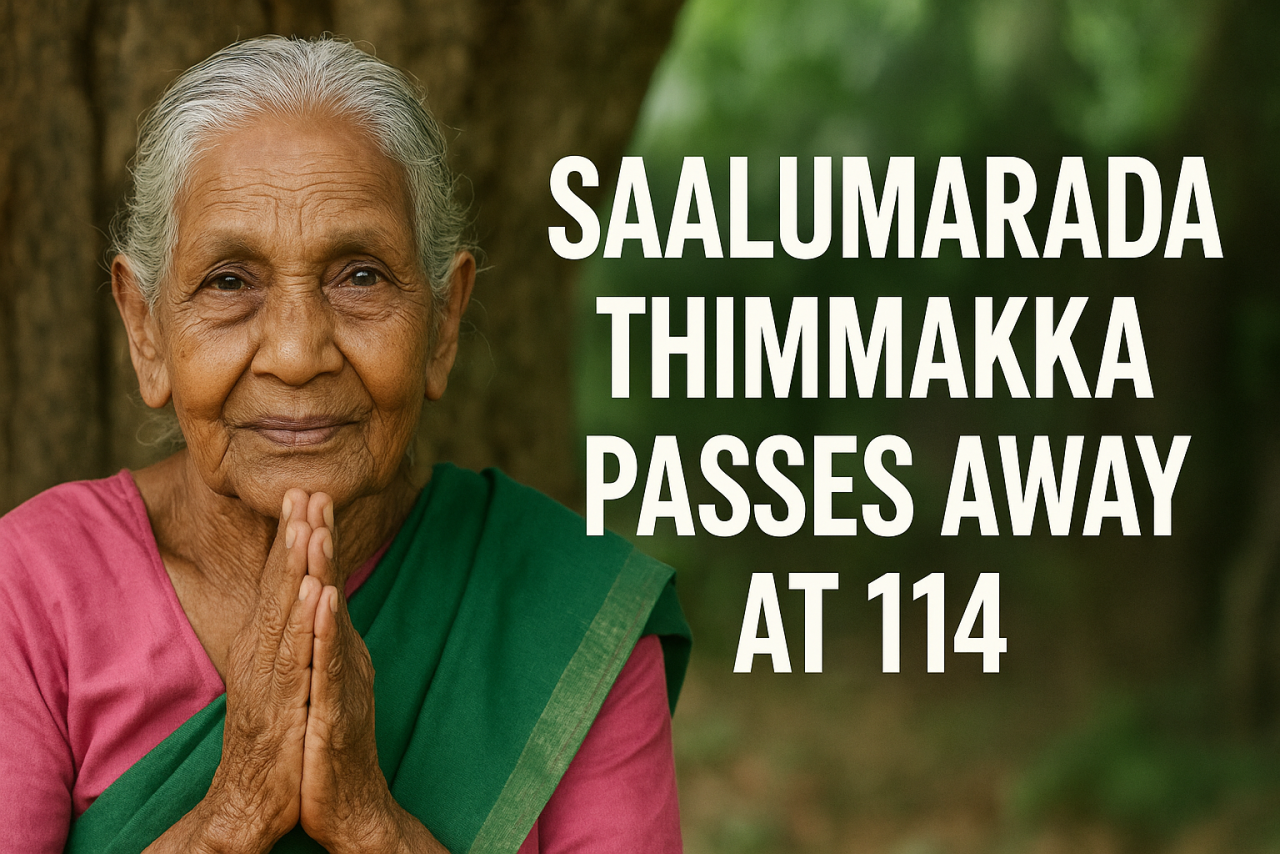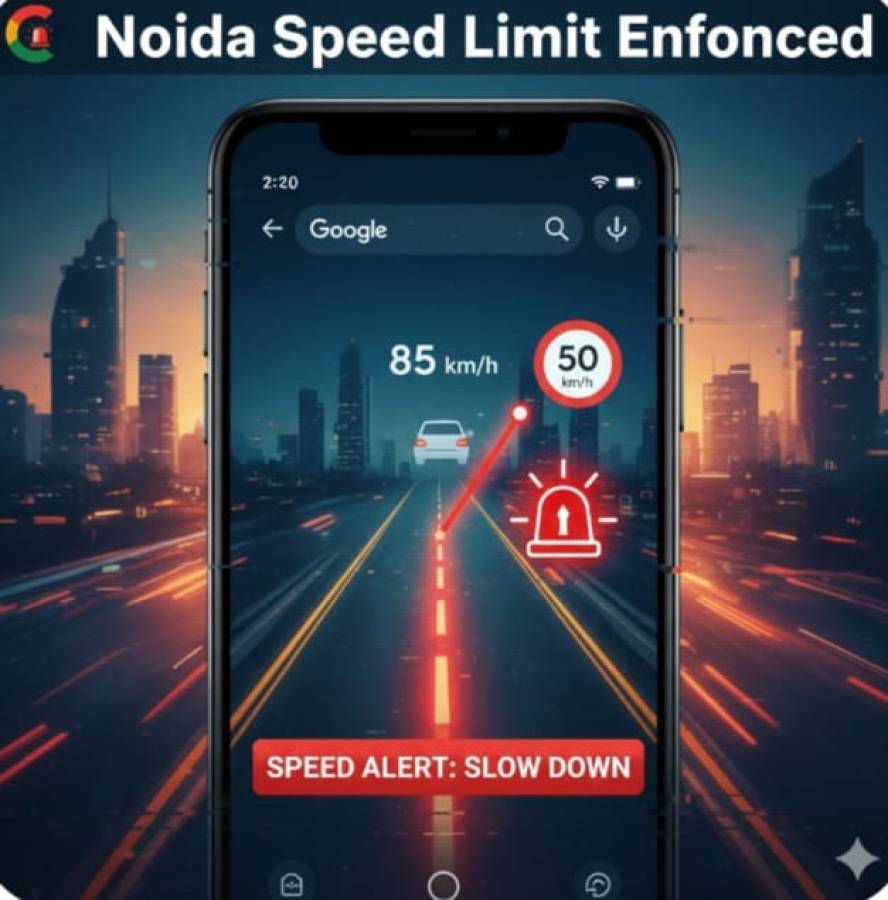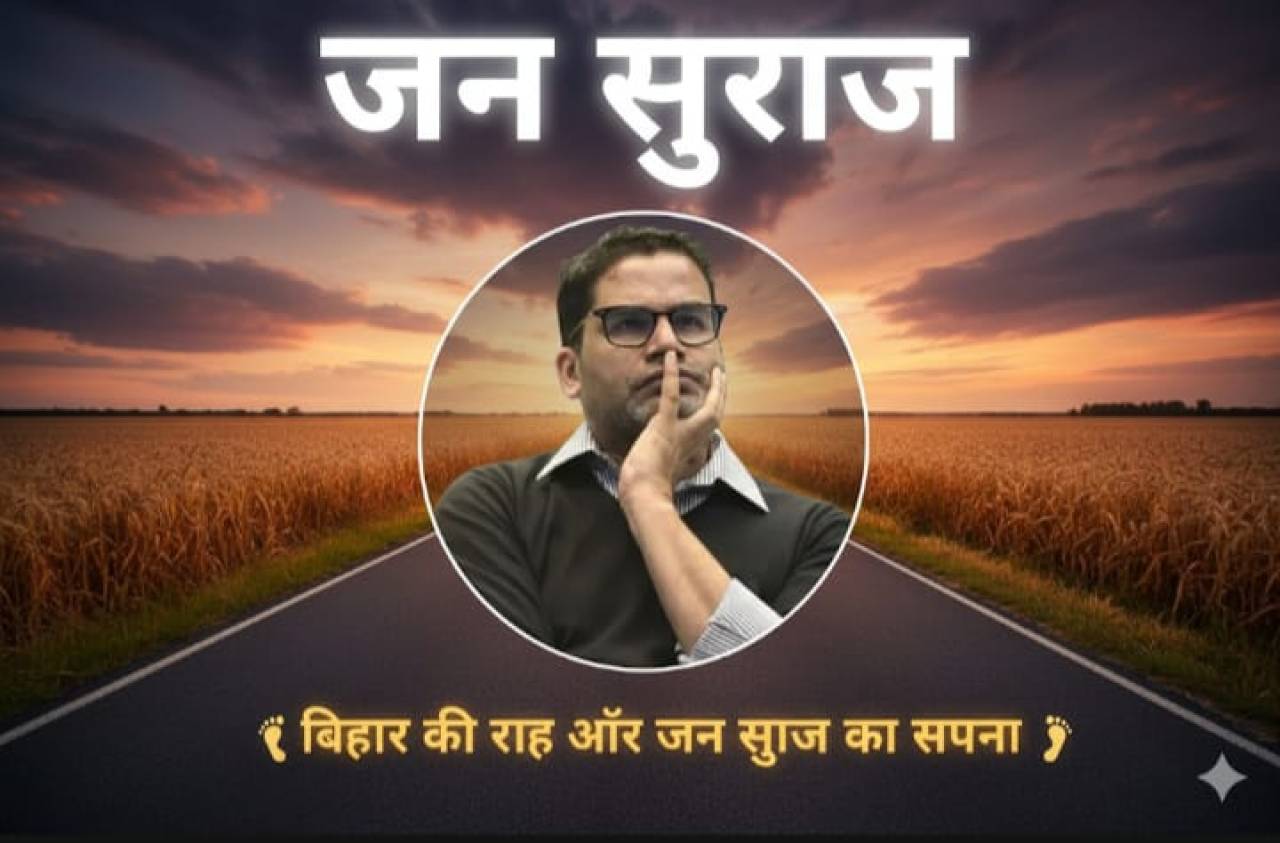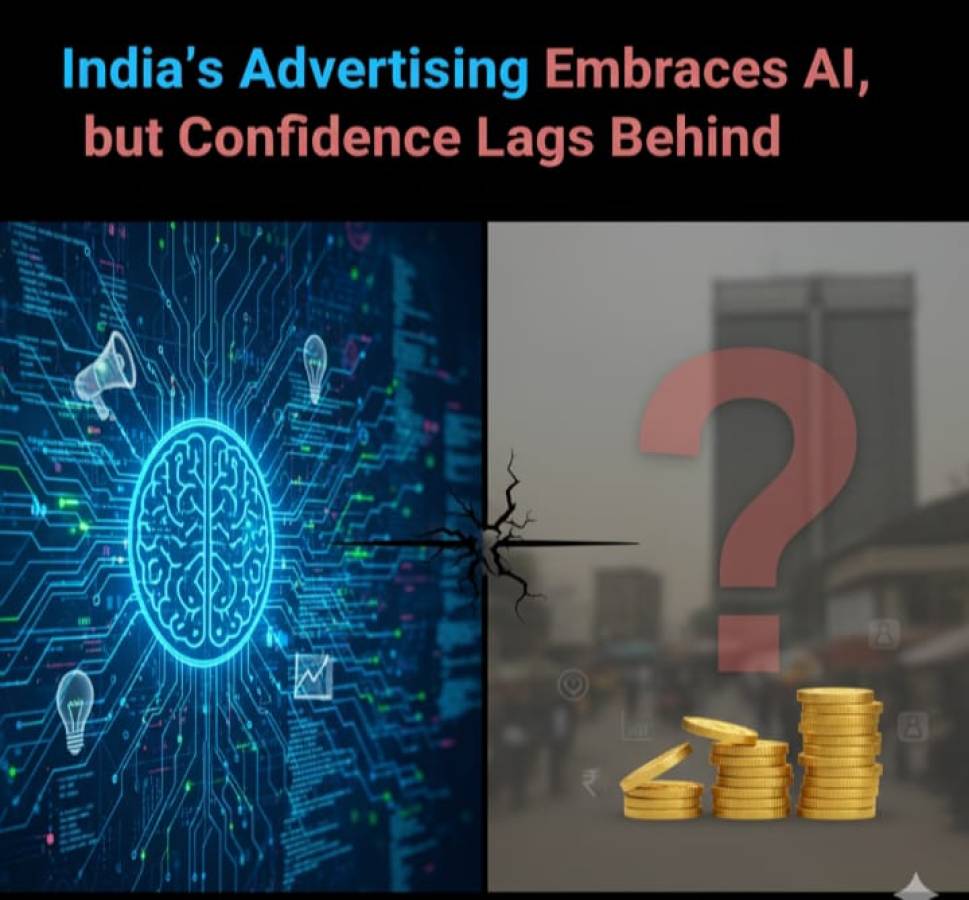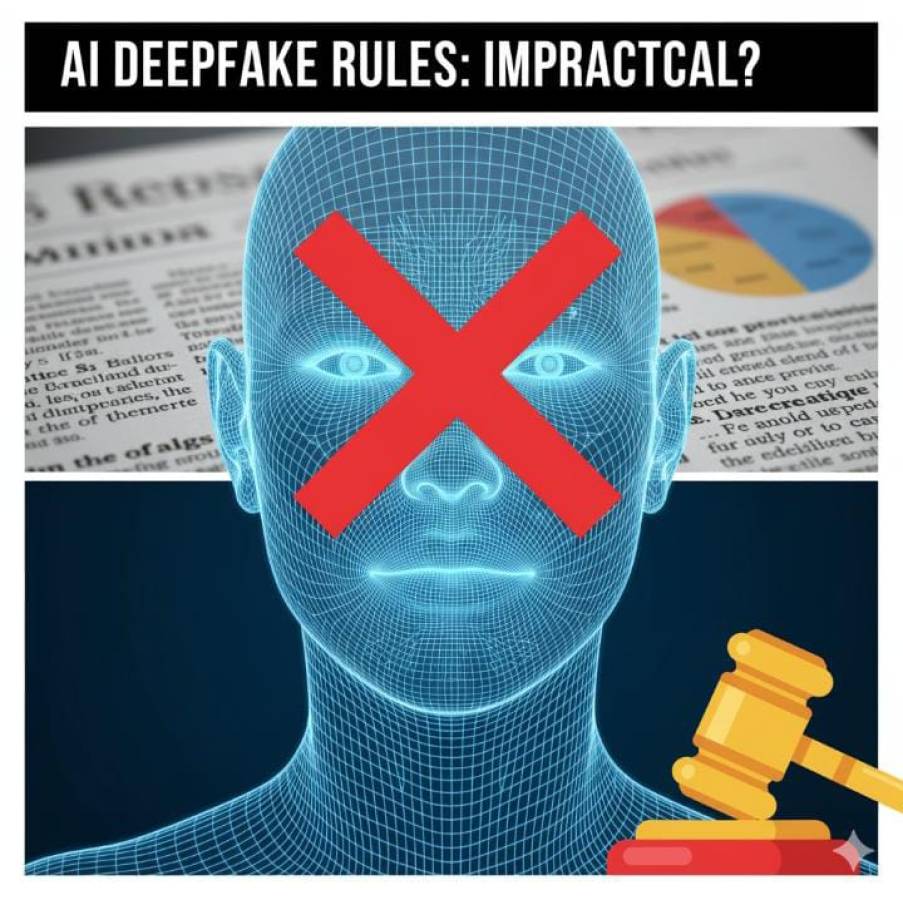
What began as a protest outside Delhi Public School, Dwarka, has unraveled into a disturbing exposé of a long-brewing racket in India’s private education sector. The expulsion of 30 students for allegedly not paying hiked fees has triggered national outrage. Yet this incident is merely the tip of the iceberg.
For years, private schools across India, under the veil of prestige and discipline, have functioned like unregulated business empires. Annual fee hikes far above inflation, unaccountable development charges, and a “pay or perish” policy have created a toxic monopoly. Education is no longer a right; it has become a hostage situation. As the Delhi protests reveal, schools now act as landlords of learning, with students treated as tenants, subject to unaudited demands.
The Dwarka Incident: Education for Ransom
On May 9, dozens of distraught parents gathered outside DPS Dwarka. They alleged that their children were expelled without warning for not paying the recently increased fees. Some children were barred from entering; others were publicly humiliated and sent home during school hours, according to testimonies.
“They told my son he could sit in the sun if he hadn’t paid. What sort of institution says that to a child?” said Chandana Mehta, a parent at the protest.
Another added, “We didn’t receive any fee intimation. Just a message that our child had been removed from the rolls.”
As recently as April 16, the Delhi High Court criticized such schools for their “shabby and inhuman” treatment of students. Justice Sachin Datta’s bench ruled that inability to pay cannot be used as a tool to dehumanize children.
Yet, just weeks later, the Dwarka incident showed how defiant such institutions have become.
The Annual Epidemic of Fee Hikes
Private school fee hikes in India have become a seasonal affliction, like monsoon floods or winter smog: predictable, avoidable, and poorly regulated. Despite constitutional provisions that guarantee free and equitable education, elite private schools demand anywhere from ₹2 to ₹10 lakh annually. These hikes are often disguised under vague terms like “smart class upgrade,” “lab redevelopment,” or “technology fees.”
A 2024 InsightfulTake investigation revealed that many of these fee heads—such as “activity charges” or “digital learning contributions”—are neither optional nor audited. In cities such as Delhi, Mumbai, and Bengaluru, parents report annual fee increases of 10 to 30 percent, even when school infrastructure remains unchanged.
In addition, “development fees” are often charged for infrastructure already covered under capital investments.
“It’s like paying EMI on a car you don’t even own,” said Dinesh Patel, a Noida-based RTI activist who has filed over 30 cases against schools in the Delhi-NCR region.
The App Trap and Algorithmic Extortion
Parents also complain about fee management apps, the outsourced fintech platforms schools use to handle payments. These apps, they say, are part of the problem. In the Dwarka case, parents reported that the app refused to accept partial payments unless the full hiked amount was paid.
“The app wouldn’t let me pay April’s fees unless I agreed to the new May amount,” one parent said.
“It’s algorithmic extortion. My child missed exams because a server denied access.”
Regulatory Toothlessness and Political Nexus
While the Delhi government has passed the TRF Bill (Transparency in Fixation and Regulation of Fees), its implementation remains weak. The bill mandates penalties of ₹1–2 lakh for schools that violate fee norms. However, schools treat such fines as operational costs, which are easily passed on to parents.
Meanwhile, the Central Board of Secondary Education (CBSE) and state education departments rarely enforce rules. Many school owners are former bureaucrats, politically connected families, or education barons who sit on advisory panels. This leads to an obvious conflict of interest.
An RTI filed in March 2025 revealed that over 70 percent of private school management committees in Delhi have direct links to political parties or retired civil servants. In several cases, the same people who are supposed to regulate schools also own them through educational trusts.
Students: Collateral in an Education War
Caught between protesting parents and institutional mafias, students are the collateral damage. Humiliation, academic disruption, and emotional trauma are increasingly used as instruments of compliance.
“If we don’t pay, our kids suffer. But if we do, we’re endorsing a corrupt system. What options do we really have?” asked Neelam Verma, mother of a Class 6 student expelled in Dwarka.
Despite the mounting criticism, DPS management has remained silent. Both Principal Priya Narayan and Deputy Principal Manish Jain have declined to respond to media queries. Meanwhile, expelled students wait in limbo, with their future clouded by uncertainty.
A System on Trial
India’s private schools, once seen as bastions of excellence, now risk becoming textbook examples of unregulated profiteering. The right to education has been privatized, weaponized, and digitized in service of academic profiteers.
Unless the government enforces genuine oversight through independent audits, active parent committees, and real-time fee transparency, such incidents will continue to multiply.
As long as schools operate like mafia cartels and regulators remain silent, India’s dream of equitable education will remain exactly that—a dream.
To know more about the Delhi government's draft proposal and the systemic failure behind unchecked school fee hikes, read:
Delhi School Fee Hike: A Seasonal Disease That Demands a Policy Cure


